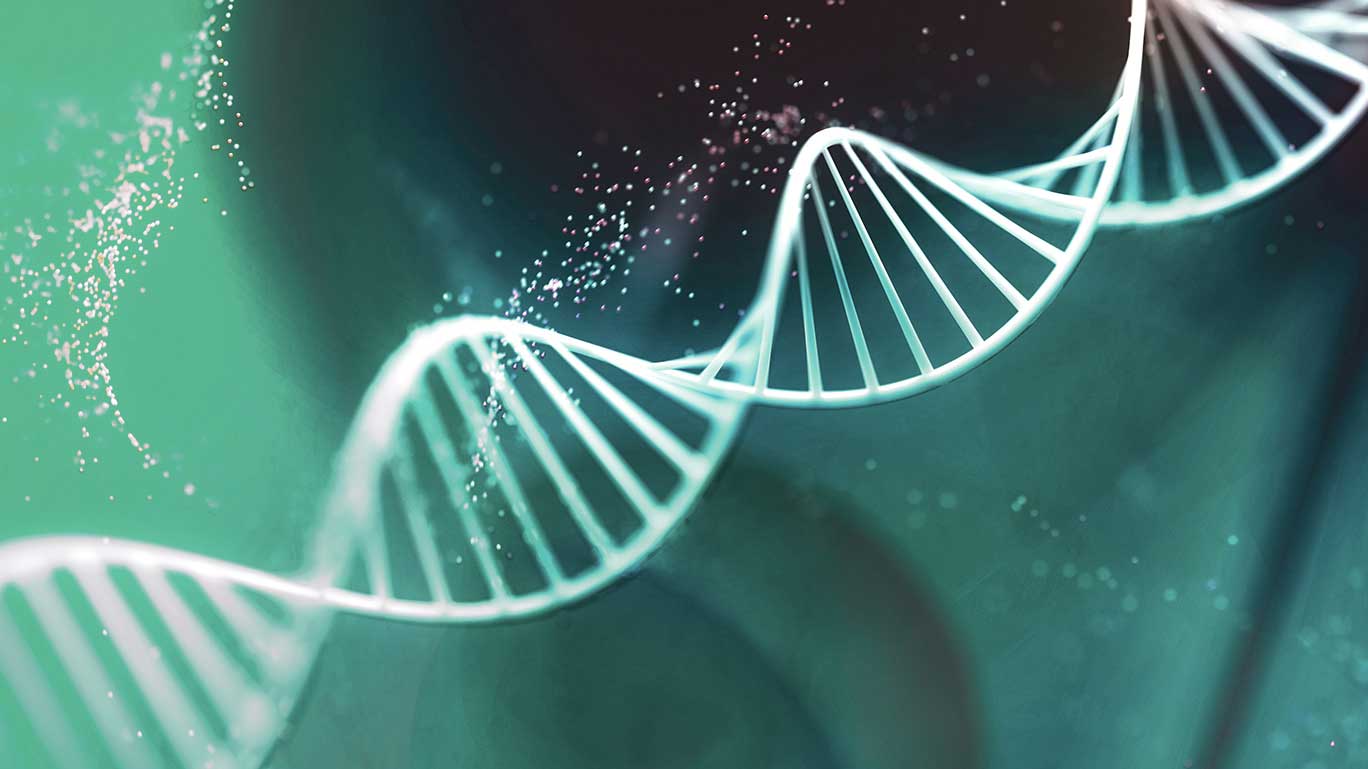You may wonder why some people become addicted while others don’t. Do genes matter in determining who is more susceptible to substance use disorder? Or does it all come down to lifestyle choices? This article examines the role of genetics in the development and treatment of addiction.
Question: Who is the winner – nature or nurture?
Answer: Both!
In other words: «it’s complicated». The relationship between genes that may or may not affect the risk for addiction definitely deserves this label. Studies and research projects on why some people become addicted while others don’t won’t offer simple and straightforward answers. There remain a lot of “maybes”. Considering the complex scientific processes involved, most studies are still ongoing and explore every possible angle of the eponymous question. Of course, a precise answer would be helpful to know if addictions are caused by genes (nature) or by environmental factors (nurture). After all, this would have a crucial impact on how to treat people for their addictions: if the genes are the problem, maybe preventive measures could keep them from forming a habit, whereas if certain external experiences are the cause of addiction, it could be tackled by choosing a healthier lifestyle or changing the environment.
However, what we do know as a fact is that nobody is simply destined to become an addict. Humanity is witnessing a dynamic interplay between nature and nurture instead of a battle between nature versus nurture. And as genes and environmental factors interact in countless different ways, it leaves you either more or less vulnerable to addiction.
Nature: The Influence Of Genes
First of all, there is no such thing as “the addiction gene”. Scientists are trying to pinpoint mutations, i.e. variations, in many different genes. Those variations contribute to a person’s level of risk or protection. Suppose a particular difference between genetic codes appears more often in people suffering from addiction than those without one. In that case, it is considered to at least add to the susceptibility to addiction. Finding connections between a known gene and a disorder helps scientists to understand – and maybe even verify – certain links between a gene and the risk of addiction. In this process, helpful evidence often is gathered, among other settings, by comparing affected and unaffected members of families with a history of addiction.
Scientists have discovered that genetics account for about 50 % of their susceptibility to addiction. This might lead you to think of the old joke, «Half of what you learn in school is wrong – but they never told us which half.» Because there are so many different genes involved in lowering or intensifying the risk, their possible combinations can influence you in various ways; for example, their biological agenda might be that you
- like using substances
- continue to use
- barely feel any side effects of using
- are intolerant to alcohol, especially if you are of Asian descent
- will take up regular smoking but remain only a light smoker instead of turning into a heavy smoker
Nurture: The Influence Of The Environment
Of course, we would not be who we are if we were «only» a vast mass of genes. Our life is full of experiences, some mind-blowing, some life-changing, many prompting us to form habits, and creating preferences. As an example: if you grow up in a family where heavy drinking is common, your risk of becoming a heavy drinker yourself is significantly higher than if you grow up in a sober household. This lifestyle, our environment, forms the nurture side of a possible addiction process, and it is pretty powerful. Research and experience already have taught us that a person’s health is continuously affected by both genetics and environmental factors –think of, for instance, the common problem of high blood pressure that can run in the family but be kept at bay by certain lifestyle choices.
This being said it is possible that you are genetically predisposed but never develop an addiction because you live in a stable environment. Say, you have genes that determine how and when you react to stress, and you also have genes that put you at a higher risk of starting to use harmful substances. Actively intertwined, both would play vital parts in turning you into an addict. However, if your environment does not offer a trigger to set them off, the two actors may stay silent.
When Nature Meets Nurture: Epigenetics
Epigenetics is the study of how our behaviour and environment can change the way our genes work. Epigenetic changes are reversible and do not change our DNA sequence, but they can be passed down to our children. What is their impact? While genes «decide» on when to produce which protein, epigenetic changes turn these genes on and off. Let’s take cocaine addiction as an example. Cocaine has no effect on the DNA sequence of the user, but it can alter the number of its products, in this case: of proteins that are common in addictions. If the person keeps using, these epigenetic changes may become more and more permanent, increasing the susceptibility to relapses.
This so-called gene-by-environment interaction is often triggered by stressful situations, such as losing a job, the death of a loved one, or an unsafe childhood home. All our experiences play vital roles in developing our organs from an early age, including our brain. Any trauma, therefore, influences how our specialised organ cells function and can determine our current and future physical and mental health. One of these vulnerable organic systems is our brain’s reward circuitry – a crucial player in the addiction process – stressful situations tend to trigger a higher susceptibility to substance use disorder.
Specifically Targeted Addiction Treatment
Thanks to this scientific quest, our resulting understanding of how genetics is involved in substance use disorder can help us to improve addiction treatments. Currently, many medications used in treatment are «one size fits all», with the natural consequence and challenge that they don’t work for everyone the same way. This may lead to a frustrating journey of trial and error, creating unnecessary obstacles on the road to recovery. However, based on the genetics approach, discovering a new addiction-related gene can help scientists target it specifically. This relatively new science called pharmacogenomics is precision medicine, meaning it aims to customise a treatment to a person’s genetic makeup.
With that kind of science still in its infancy and not yet readily available but having the experience and expertise to understand how addiction affects everybody differently, the experienced therapists of NEOVIVA will work with you in personalised therapies. You will learn how to cope with addictions that run in your family, how to prevent stressful situations from turning into triggers, and how to develop strategies to deal with distress, overcome anxiety or manage depression and past trauma. Please contact us to learn more about tailoring a treatment plan that addresses your personal needs.




0 Comments